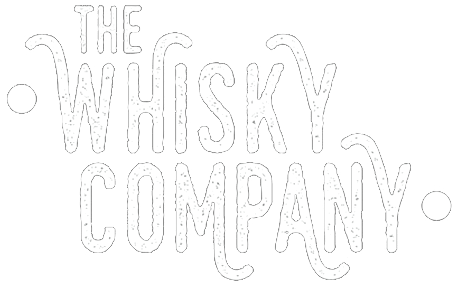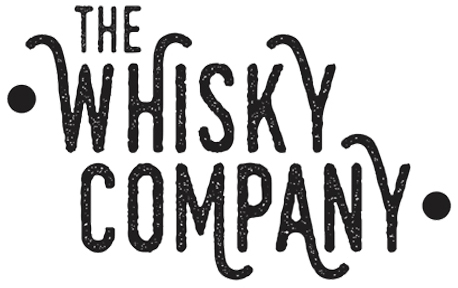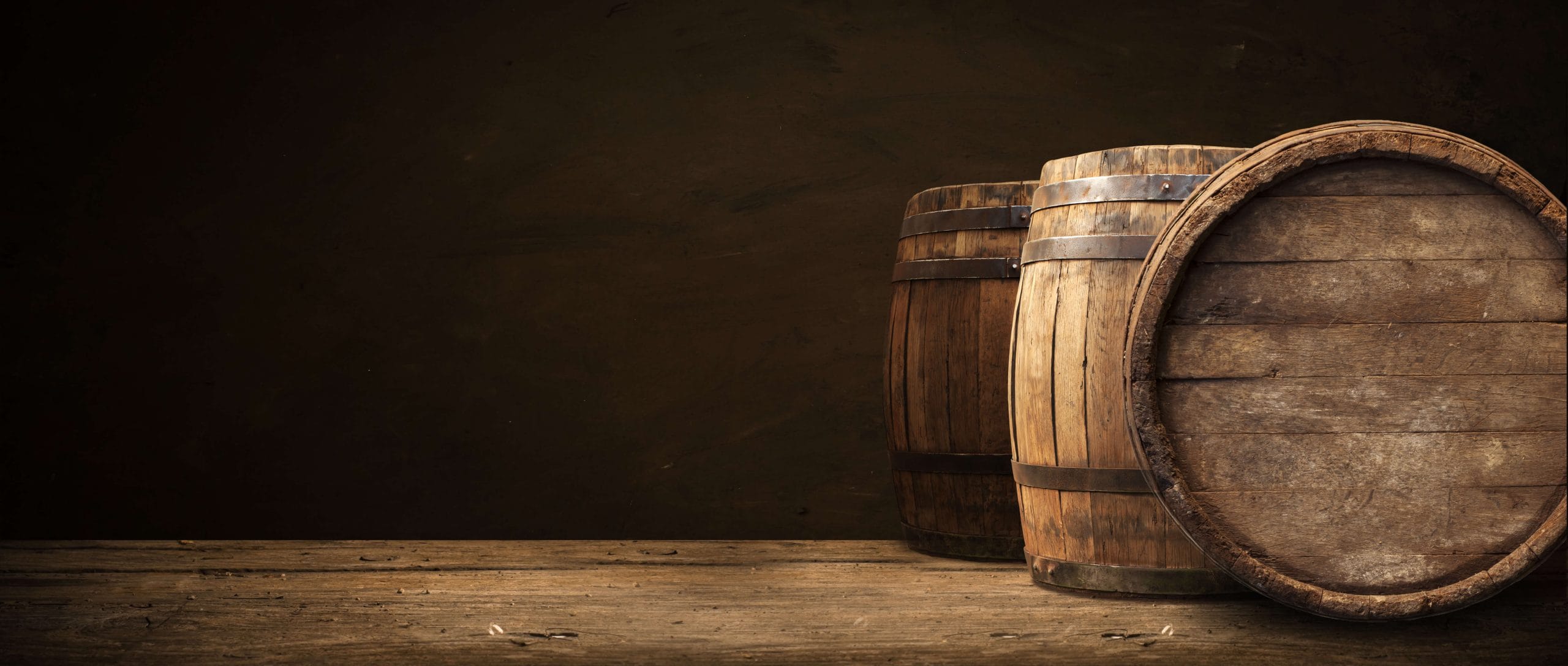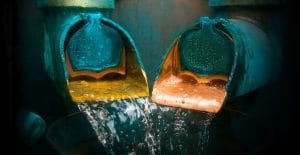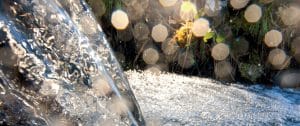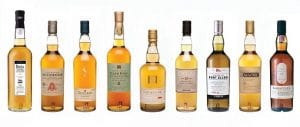Distillation is an ancient process which is believed to have been first experimented with in the Middle East as far back as 3000BC. It was most probable that what was produced was made from grapes or flowers rather than grain. Items like rice, millet, fermented mare’s milk, coconuts and palm sugar were also distilled in China, Tibet and in India.
The first recoded distillation of a spirit in Scotland was recorded on a scroll where it was written “To Friar John Cor, by order of the King, to make aquavitae, VIII bolls of malt”. In this day 8 bolls of malt is enough to make around 1250 bottles of whisky so it was not a practise run but a previously sampled delicacy.
Since the first distillation in Scotland not much has changed in the creation of whisky. Some of the equipment used and traditional techniques have altered slightly and as we all know it seems a little impossible to create Scotch anywhere else in the world. There are many countries now hard at work to create that number one whisky and catch the market by surprise. Notably the Tasmanian Distillery who produce Sullivan Cove single malt. They mature one of thier whiskies in a French Oak Cask which took out 2014’s World Whisky of the Year award. This year we saw the Taiwanese distillery Kavalan take out the 2015 award with the Vinho Barrique single malt, so the world is changing.
There are rules which make whisky whisky and they are very different in most countries. In 2009 the Scotch Whisky Regulations 2009 were formed and this regulated the production of whisky in the United Kingdom. It also regulated the labelling and packaging for the first time these are the main guidlines in production
-
Must be produced at a distillery in Scotland from water and malted barley (to which only whole grains of other cereals may be added) all of which have been:
-
Processed at that distillery into a mash
-
Converted at that distillery to a fermentable substrate only by endogenous enzyme systems
-
Fermented at that distillery only by adding yeast
-
Distilled at an alcoholic strength by volume of less than 94.8%
-
-
Wholly matured in an excise warehouse in Scotland in oak casks of a capacity not exceeding 700 litres for at least three years
-
Retaining the colour, aroma, and taste of the raw materials used in, and the method of, its production and maturation
-
Containing no added substances, other than water and plain (E150A) which is caramel colouring
-
Comprising a minimum alcoholic strength by volume of 40%
